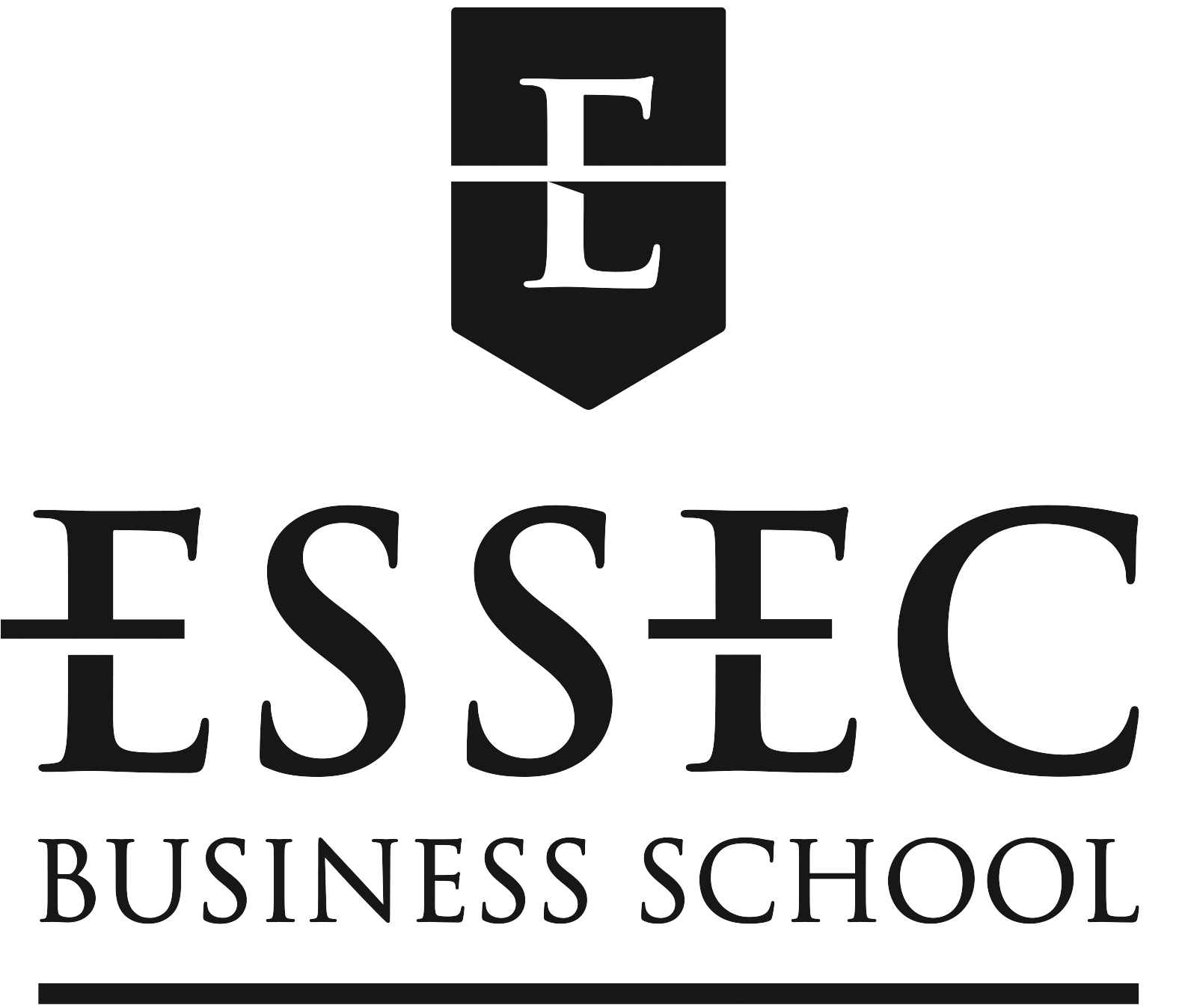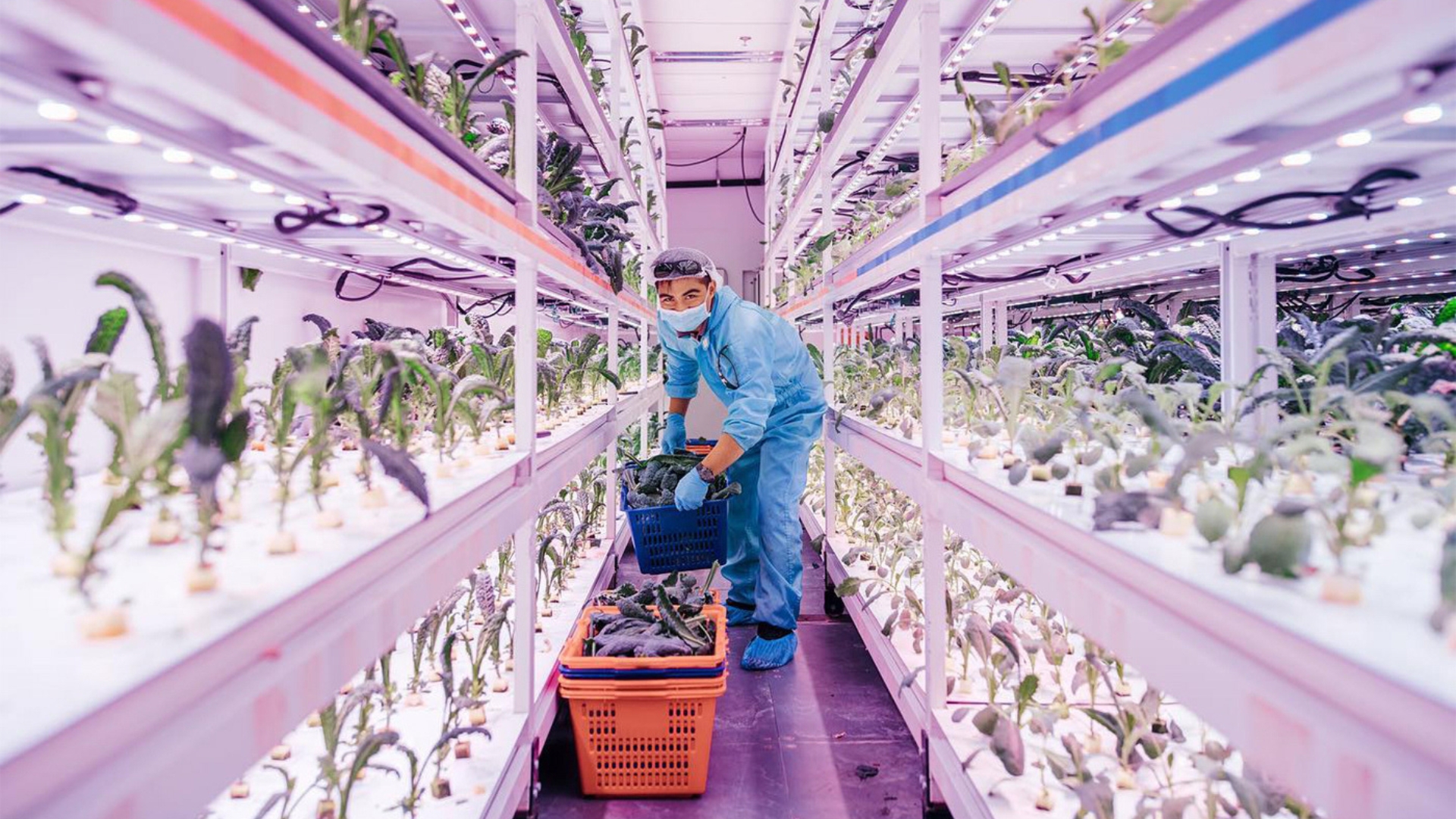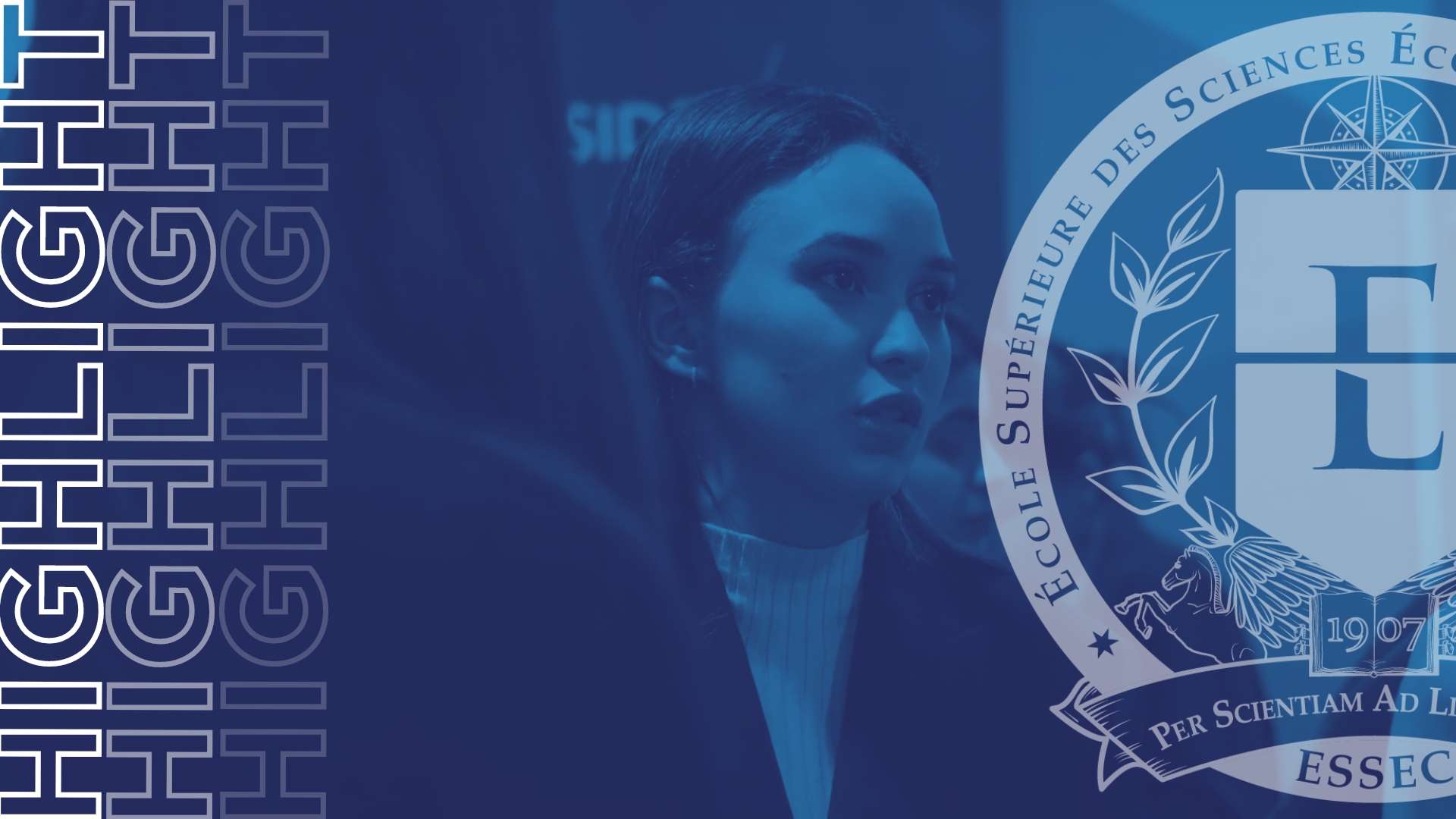- 172 students from Asia experienced doing “business for good” at the ESSEC Case Competition for High School Future Leaders.
- Students attended seven workshops and two coaching sessions to experience a leading business school’s teaching methods and mentorship.
- Case competition partner, superfoods company Sustenir, reiterates the value of working with institutions like ESSEC Business School.
Companies need fresh ideas to grow their business and understand market trends. Students want to raise their professional profiles and prepare for their future careers.
What better way to train tomorrow’s leaders than through a case competition designed and hosted by a leading business school?
That motivated the development of the ESSEC Case Competition for High School Future Leaders initiative.
Launched in 2022, the case competition provides a chance for high school hopefuls to experience the teaching of a top-level business school while working on a real-life case challenge.
Combining a Responsible Brand and Top Business School
To support the entrepreneurship and sustainability efforts in Singapore, ESSEC sought an industry partner to further its green mission while allowing it to build connections with the local startup ecosystem.
Superfoods brand Sustenir, a company whose overarching mission is to nourish people and the planet, was the perfect partner.
The benefits went both ways.
“ESSEC Business School has earned a reputation as a global school for innovation and sustainability, aligning perfectly with Sustenir’s core values and mission as a fresh superfood company looking to improve health spans in urban cities,” Judy Cheong, Regional Head of Brand, Sustenir explains of the partnership.
“We saw it as an opportunity to engage with the next generation of passionate leaders who possess a fresh perspective on addressing current issues.”
High School Hopefuls Enter the World of Business
Over 300 students and 90 teams applied in the initial round, and 198 students and 42 teams were eventually selected. They came from the best high schools in Cambodia, Indonesia, New Zealand, Myanmar, Singapore, Thailand and Vietnam.
Their task? To help Sustenir expand its market share through its existing beverage line or new kale-based products.
To equip them for this challenge, ESSEC organized six academic workshops focusing on Business Model Canvas, sustainability, entrepreneurship, and public speaking. It encouraged students to apply what they learned directly in their business proposals.
In addition to the workshops, over 80 coaching sessions were conducted so each team could receive personalized advice on the case question and recommendations on how to best refine their pitches.
Having never participated in such a contest before, Olvin Odelia Ong, who studies at Springfield School in Indonesia, was amazed at the sheer amount of support his team was given.
For example, their mentor stepped in with valuable advice when his team needed clarification about how to kickstart their ideation.
“We were reminded to focus on just one problem since it’s impossible to do everything,” Olvin recalls. His team narrowed their solution to target a specific customer persona—those who do not like vegetables — and suggested developing kale dumplings.
“It was a really insightful experience as we honed our communication skills and developed ourselves to become confident public speakers,” Anousha Gupta from International French School adds.
“Maria Kassova (who facilitated one of the coaching workshops) really helped us touch up our presentation and focus on the important aspects of our product,” she elaborates.
Her team was inspired by the popularity of matcha powder and recommended developing a similar version for kale.
Tara Joshi and the team from United World College of South East Asia (UWCSEA) Dover echo these sentiments, noting that the skills gained from the public speaking workshop were invaluable.
Seeing Hope in the Next Generation
Tara adds that the advice given became particularly helpful during the final judging. “Each time a team presented, we were stunned by the innovative solutions they came up with,” she recalls.
This made her team nervous about their proposal to implement interactive vending machines island-wide.
“But we remained true to our ideas. Referring to the advice from our coaches and mentors, we overcame the jitters and presented confidently,” she says.
After a difficult deliberation, the teams were whittled down to three winners: Tara’s Team 6 from UWCSEA Dover, Olvin’s Team 12 from Springfield School, and Anousha’s Team 29 from International French School.
“What immediately stood out was the depth of research, practical application, and passion for the solutions they presented,” confirms Cheong.
“Their enthusiasm, creativity, and dedication inspired us and reaffirmed our belief in the younger generation’s potential to drive meaningful change. It was an enriching experience collaborating with such talented and passionate individuals.”
It’s an experience she recommends to other businesses. “By working with ESSEC, companies can tap into a wealth of creative solutions, including innovation, sustainability, and business strategy, brought by the fresh perspectives of young future leaders. This access can unlock fresh insights and inform and improve decision-making processes.”
RELATED POSTS
Highlights: ESSEC Talent Day 2024
On 6 March 2024, students from the ESSEC Asia-Pacific campus rubbed shoulders with executives from top companies in the inaugural Talent Day event.…
SMIB Students Tackle Hard Issues at the Hinrich Foundation Inaugural Sustainable Trade Challenge
Master in Strategy & Management of International Business students dive deep into the Sustainable Trade Challenge, showcasing their prowess in…
CFA Research Challenge 2023-2024: Financial Modeling Boot Camp by ESSEC
In support of the CFA Institute Research Challenge 2023-2024, ESSEC APAC ran a financial modeling boot camp for students across Singapore. Find out…
MiF Career Immersion 2023 Series: Students Take Their First Steps into the World of Finance
To enable ESSEC MiF students to better understand the industry, ESSEC Asia-Pacific organized company visits to financial powerhouses as part of the…
MiF Guest Speaker Sylvaine Masson: MD on Succeeding in the M&A Landscape
Sylvaine Masson, an ESSEC Master in Management alumna, discusses success in Asia's M&A sector. She emphasizes the importance of a strong financial…
Highlights: ESSEC Career Seminar 2023
On 8 November 2023, students from the ESSEC Asia-Pacific campus attended various talks and panel sessions featuring senior executives from top…








